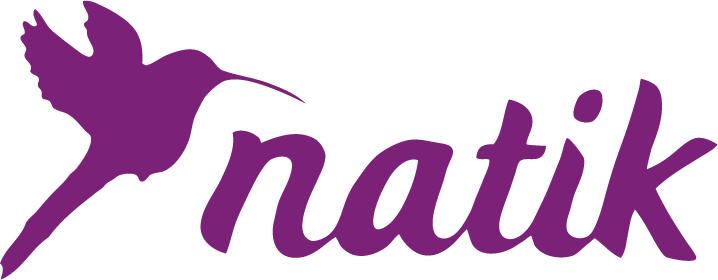Pueblo a Pueblo: Meet Marza.
An important event in the educational system of the public sector in Guatemala is the beginning of the school year in mid-February.
Therefore, our students are visiting the offices of Pueblo a Pueblo where we believe that education plays a very important role in their personal development.
So our sponsorship and scholarship project is having an important moment which is the delivery of backpacks and school supplies to our scholarship recipients at the primary level.
At this school level, we are serving 16 students from the rural sector of our municipality of Santiago Atitlán, one of these students tells us the story of what impact being part of the Pueblo a Pueblo family has had on her life.
Marza Dolores lives in a rural area of Santiago Atitlán and is 13 years old; she began to belong to the Pueblo a Pueblo family when her mother was pregnant with her, being part of the Maternal and Child Health project, where the mother received support for her prenatal and postnatal checkups and monthly education on health issues.
When Marza was born, she received preventive and curative medical care, vaccination control and vitamins for her growth. Three years later she graduated from the project and six years later she entered the sponsorship and scholarship project.
Marza Dolores says: "I am very happy to belong to Pueblo a Pueblo, because since I was a little girl they have supported me in my health and now in my education, this year I finish my last year of primary school. My biggest dream is to learn more languages to help me communicate with more people. My goal for 2023 is to do well in my classes. For me education is important because through it I learn new things that help in my personal development. For girls without access to education the only option is always to be a housewife or work for other people where the pay is very low and you don't have the opportunity to develop your skills. So education is very important for everyone".
It is a joy and satisfaction to hear Marza's words, knowing that she has options for a better future, since the illiteracy rate in rural areas is 28.6% and 35.3% among women. 76% of the population living in rural areas lives in poverty levels, which makes the lack of opportunities very high. We are very grateful to everyone for their support and cooperation, they will help make these dreams come true.
